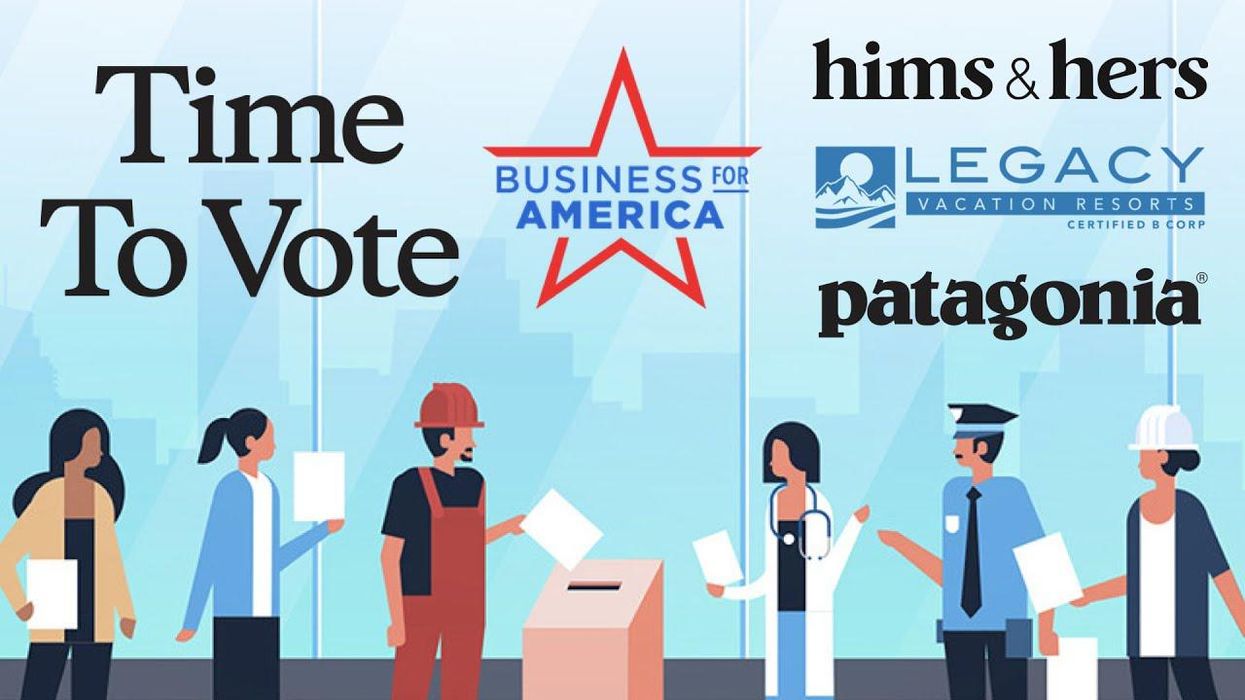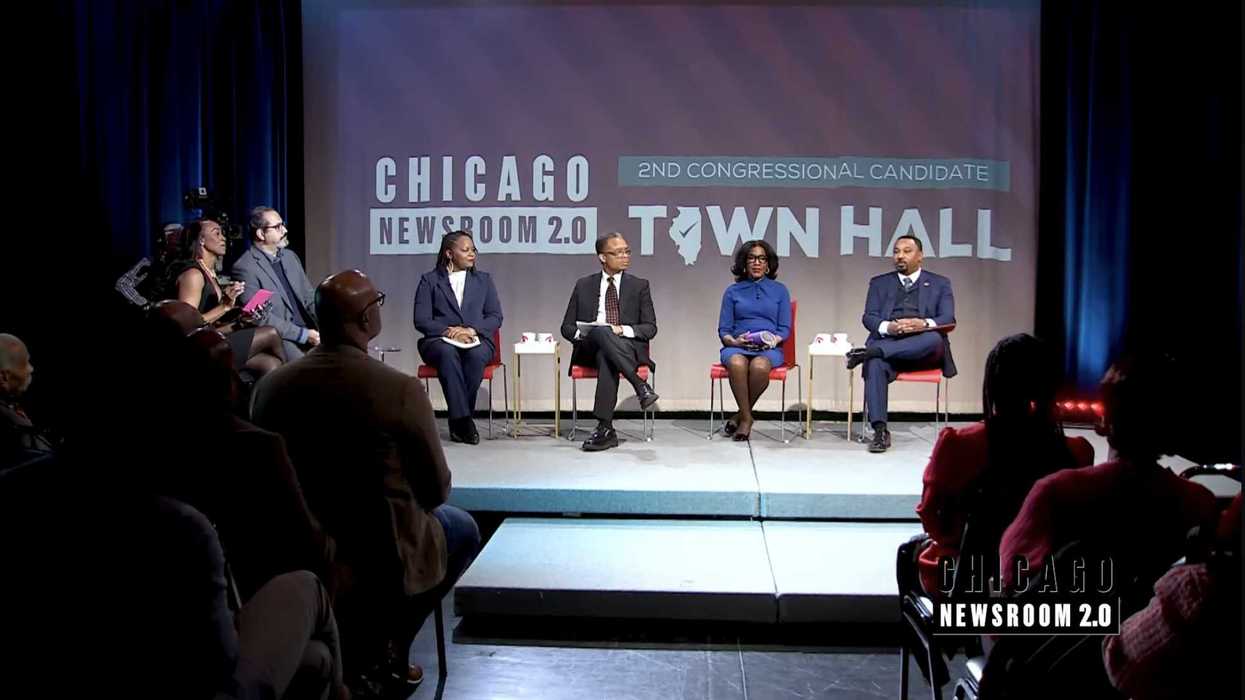In this video from Business for America, we hear from Patagonia, Hims & Hers, and Legacy Vacation Resorts on the benefits of joining Time To Vote. Employee civic engagement can be an effective barometer of an energized workforce culture, and businesses can play an active role in enabling a culture of voting in the workforce.
The Time to Vote project continues to mobilize businesses to help more Americans to vote in 2022, while also contributing to the national culture shift needed to increase voter participation. Voter turnout in the U.S. remains one of the lowest in the developed world. One of the most common reasons people give for not voting is that they’re too busy with the demands of work and life. No employee should have to choose between voting and earning a paycheck. Launched in 2018, Time to Vote (TTV) is a national, nonpartisan initiative for companies who want to ensure their employees can cast their ballots. Today, nearly two thousand companies have joined the effort, and we want to keep up the momentum to ensure the highest turnout in midterms election history.




















